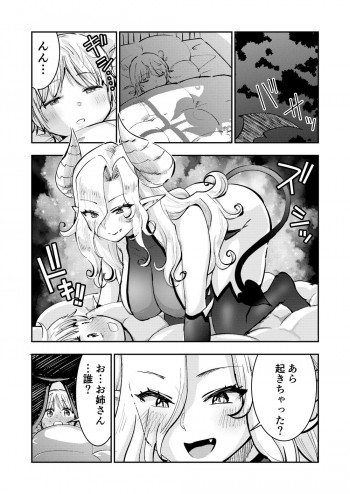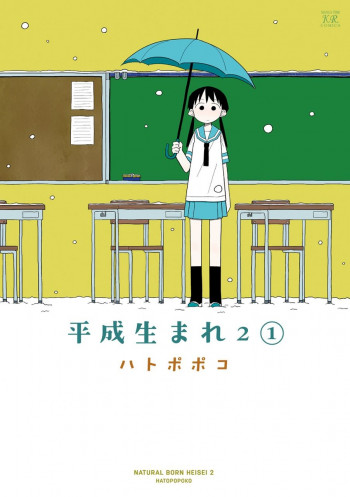Brian Lancaster's The Missing Ingredient is a poignant exploration of love, loss, and the unexpected paths life can take. Set against the bustling backdrop of London’s culinary scene, the novel deftly intertwines themes of grief, healing, and the redemptive power of love. Lancaster crafts a narrative that is both heartwarming and heart-wrenching, drawing readers into the lives of characters who are as complex as they are relatable.
At the heart of the story is Marcus Vine, an ambitious chef on the cusp of professional success. Yet, despite his career achievements, Marcus finds himself unfulfilled in his personal life. The only suitors vying for his attention are business investors, leaving a void that his burgeoning career cannot fill. This sets the stage for a journey that is as much about self-discovery as it is about finding love.
The catalyst for Marcus's transformation is the tragic loss of his best friend, Raine. Her untimely death leaves her husband, Tom, and their two daughters in a state of disarray. Lancaster skillfully portrays the rawness of their grief, capturing the profound impact of Raine’s absence on her family. Tom, in particular, is a character mired in sorrow, struggling to navigate the responsibilities of single parenthood while grappling with his own emotional turmoil.
Marcus’s decision to step into the void left by Raine’s passing is both selfless and transformative. His involvement in Tom and the children’s lives is initially met with resistance, particularly from Tom, who is reluctant to accept help. However, Marcus’s unwavering support and gentle persistence gradually break down Tom’s defenses. Lancaster’s portrayal of this dynamic is both realistic and touching, highlighting the importance of community and connection in the healing process.
As Marcus becomes more entrenched in the family’s daily routine, the novel delves into the theme of found family. Marcus’s role evolves from that of a supportive friend to a surrogate parent, and eventually, a potential partner. This progression is handled with sensitivity and nuance, allowing readers to witness the gradual shift in Marcus and Tom’s relationship. The children, too, are given depth and agency, their interactions with Marcus providing some of the novel’s most tender moments.
The turning point in the narrative comes when Tom confesses his romantic feelings for Marcus. This revelation is both a surprise and a natural evolution of their relationship. Lancaster navigates this transition with care, ensuring that the development feels authentic and earned. The complexity of Tom’s emotions—his guilt over moving on from Raine, his fear of the unknown, and his burgeoning love for Marcus—are explored with depth and empathy.
One of the novel’s strengths is its exploration of the fluidity of love and the idea that it can manifest in unexpected ways. Lancaster challenges traditional notions of family and partnership, presenting a narrative that is inclusive and affirming. The romance between Marcus and Tom is portrayed as a natural extension of their friendship, built on a foundation of mutual respect and shared experiences.
In terms of character development, Marcus is a standout. His journey from a career-focused chef to a nurturing figure is compelling and believable. Lancaster captures the internal conflict Marcus faces as he reconciles his professional ambitions with his personal desires. Similarly, Tom’s evolution from a grieving widower to a man open to new possibilities is handled with grace and authenticity.
Comparatively, The Missing Ingredient shares thematic similarities with novels like Me Before You by Jojo Moyes and The Light We Lost by Jill Santopolo, both of which explore the intersections of love, loss, and personal growth. However, Lancaster’s work stands out for its focus on the healing power of community and the unconventional paths to happiness.
Overall, The Missing Ingredient is a beautifully written novel that resonates on multiple levels. Lancaster’s prose is both evocative and accessible, drawing readers into a world that is both familiar and refreshingly unique. The novel’s exploration of grief, love, and the importance of human connection is both timely and timeless, offering a narrative that is as comforting as it is thought-provoking.
For readers seeking a story that balances emotional depth with moments of levity and hope, The Missing Ingredient is a must-read. Lancaster’s ability to craft characters that are both flawed and endearing ensures that the novel leaves a lasting impact, inviting readers to reflect on their own relationships and the unexpected ways in which love can transform our lives.
























Reviews 0
Post a Reviews: